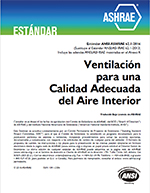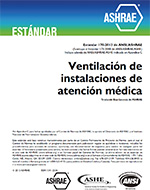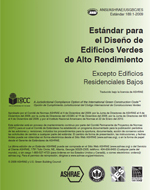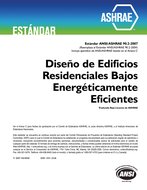Description
Since 1978, new New Zealand residential buildings have been required to achieve minimum of insulation. levels Satisfactory compliance may be demonstrated by either standard calculation techniques, laboratory measurement, or by field measurement. However, calculation methods are used heavily, although there is a small but important background program of laboratory testing for industry.
This paper discusses a field survey of occupied houses required to comply with the thermal insulation levels given in NZS4218P:1977. A randomly selected sample of 63 houses, spread over four urban centers, were examined. Ceiling, wall, and floor were monitored for heat flux and temperature difference. R-values were determined from this data.
It was found that a majority of the houses (39) did not comply strictly with the minimum levels of thermal resistance required, although only six (10%) could be considered as having no real attempt made to reach the required levels.
Although a reduction in wall R-value is permitted providing corresponding increases in ceiling R-values are made, this trade-off is not being achieved. It was also found that the actual. levels of thermal performance offered by subfloor foil often fell below those expected from calculation. Further investigations are recommended for designs such as pole houses that have exposed subfloor foil.
Units: SI
Citation: Symposium, ASHRAE Transactions, 1985, vol. 91, pt. 2B, Honolulu, HI
Product Details
- Published:
- 1985
- Number of Pages:
- 7
- File Size:
- 1 file , 550 KB
- Product Code(s):
- D-HI-85-21-2




